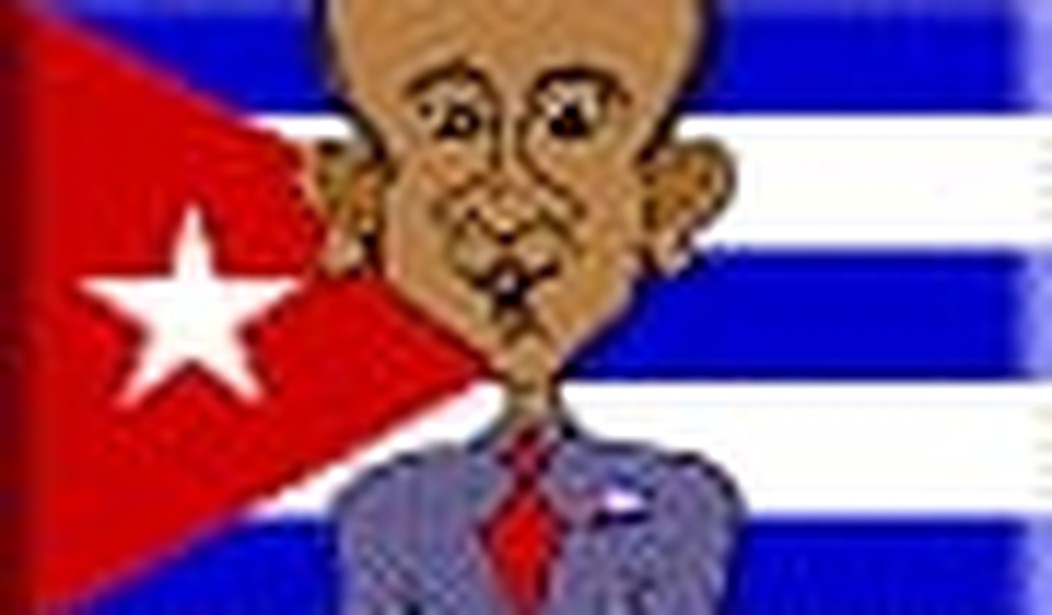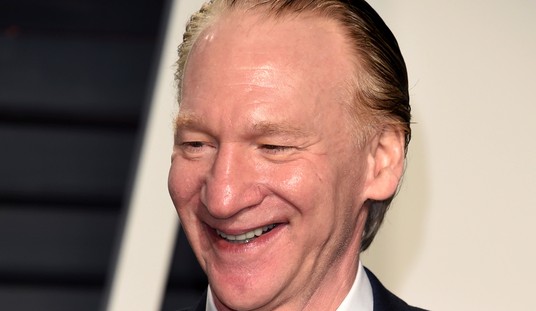One of the most oft-repeated anecdotes about the Castro regime in Cuba is that it has outlasted 10 U.S. presidential administrations. It’s within President Barack Obama’s power to ensure that it doesn’t become 11, but only if he resists the advice he’s getting from Democrats like Jose Serrano and Republicans like Richard Lugar. In fact, the quickest way to bring about the peaceful transition to a democratic Cuba — a goal that almost everyone claims to want — is to take the exact opposite approach to the suggestions he’s receiving. But I’m getting ahead of myself. First, some context.
The Castro brothers have been able to remain in power for five decades for two primary reasons:
1. They have been able to control the Cuban population through a series of strategies that include spying, harassment, jailing, torture, execution, and exile.
2.They have had the support of a vast majority of the countries on earth, most of which are motivated by latent or blatant anti-Americanism. The Castros have proven to be masters of shaping public opinion in their favor across the globe.
For those five decades it has been the official U.S. policy to isolate Cuba in a bid to force the desired change. It’s obvious that this hasn’t worked, and on that everyone agrees. But the question that is never asked is: why hasn’t it worked? Opponents of U.S. policy toward Cuba claim rather simplistically that such policies are always doomed to fail and give the Castros the excuse they need to perpetuate their rule. I submit for your consideration that the isolation strategy hasn’t worked because one country simply cannot isolate another country when there are more than 150 other nations that aren’t trying to do the same. There’s a huge difference between these two points of view. Depending on which one Obama adopts, his actions will vary dramatically.
It is a well-known fact that no American president has talked more about Cuba, spent more money on the Cuba issue, and been as preoccupied with Cuba’s liberty than George W. Bush. It’s also a well-known fact that George W. Bush was probably the president who was most hated internationally. Unfortunately, that created a scenario in which all of the truths George W. Bush made about Cuba were dismissed by the media and international community.
Enter President Obama. He comes into office with great popularity, not just at home but abroad. It is this popularity and his image as a thoughtful leader from the intellectual center-left that gives him an enormous amount of credibility among people who want to see a humbler United States of America. This rubs some Americans the wrong way, and I totally understand it. But a fact is a fact. When it comes to Cuba, this fact could be most useful if Obama plays his cards right.
In short, I believe that Barack Obama has the moral authority to rally the international community to join the U.S. in demanding freedom for Cuba’s political prisoners and concrete steps toward a democratic transition. There are of course precedents for such a thing. During the 1980s, the international anti-apartheid movement gained so much momentum that the South African government was no longer viable. The United States was late to that party and unfortunately Ronald Reagan vetoed the Comprehensive Anti-Apartheid Act of 1986, but his veto was overridden and within a few short years apartheid was dismantled.
Cuba presents a similar opportunity in reverse. It’s the rest of the world that needs to join America in denouncing an evil regime. While Congress was eager to use sanctions to isolate South Africa’s government during the 1980s, many in the current Congress are frothing at the mouth to dismantle the sanctions against Cuba. Which brings us to the president.
President Obama has several options available to him:
1. He can acquiesce to Congress and break his campaign promise to Cuban-Americans by capitulating to the Castro regime and lifting all of the current sanctions.
2. He can keep the promise of maintaining the overall trade embargo on Cuba with only the minor modifications that he indicated during the campaign and thus maintain the status quo.
3. He can take dramatic steps to bring the story of Cuba to the world, to champion members of Cuba’s political opposition like Dr. Oscar Elias Biscet, the Afro-Cuban doctor who today rots silently in one of Cuba’s political prisons.
If Obama were to choose the third approach it would send a strong signal to countries that currently enable the regime. These countries should be negotiated with privately and shamed publicly if they refuse to answer the call. The same could be done with foreign corporations that partner with the regime and collaborate in the exploitation of Cuban workers.
Many observers claimed that Raul Castro would be more reform-minded and thus the time would be right to “negotiate” with the regime. The fact is that the repression under Raul continues as before. In fact, last week there was a significant purge in the Cuban government that resulted in the sacking of two of the younger and more highly visible leaders, Carlos Lage and Felipe Perez Roque, who were often touted by the self-styled “experts” as heirs apparent that perhaps might play the role of Cuban Gorbachev. The signal that this purge sends is clear: the regime is willing to accept U.S. concessions but unwilling to make any of their own. President Obama should not give in to the temptation to make those concessions without reciprocation.
Yes, it’s audacious to hope that President Obama would take up the plight of the Cuban people as his personal mission, but if anyone knows about the audacity of hope it’s him, right? It’s often said that only Nixon could go to China. Perhaps only Obama can go to the rest of the world and ask for help on Cuba. Barack Obama has the political capital to do so. The question is: does he have the political will?









Join the conversation as a VIP Member